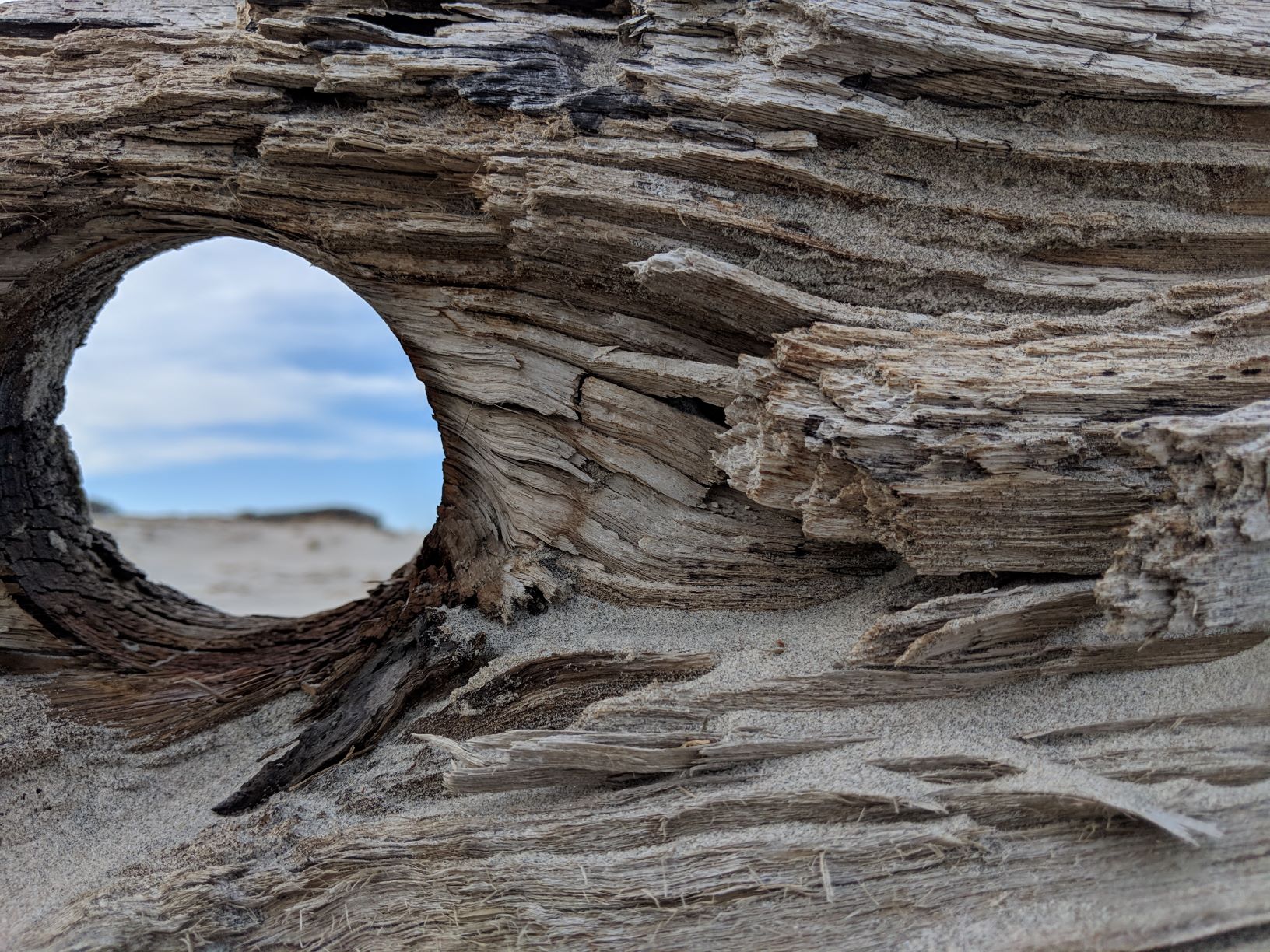
Bakers love to write about their bread singing as the loaf cools. Steam whistles through the crust, the crust crackles as it shifts. It sounds poetic. It is poetic.
I was born reasonably deaf. I cannot hear my bread sing, but I do not miss what I never knew, no more than you miss the colors a honeybee sees that humans cannot.
A loaf just out of the oven is dead. The yeast have been cooked after doing the work, reason enough to pray as you slide your dough into the oven.

Wheat berries are alive. If you plant one, it will grow into a wheat plant.
If you split one open (easier said than done) you can see a tiny wheat embryo waiting to be bathed in water, to activate its enzymes, to awaken from its slumber and become a thriving, multicellular organism.
When I grind the wheat berries to make fresh flour, I can hear the cracking of the hulls. I doubt (but do not know for sure) that wheat berries are unaware of their end, but still remind myself that the grains going into the hopper are alive, and the dust we collect and call flour is not.
We know something, but not a lot, about life, but we know this much—everything alive here and now comes from countless generations of life over billions of years, life begetting life begetting life, a connected strand that once broken cannot be put back together again.

We are not so different from plants as we might believe—we share DNA, we share mitochondria, we share critical enzymes, we share a thread of life drawn from a common ancestor.
If a cooling loaf of bread sings, the cracking bodies of wheat berries reflects the cracking of bones, of life. The wheat is not aware, of course, but it is dead just the same, as unaware as I will be when I am dead.



